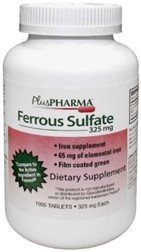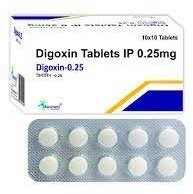A client with open-angle glaucoma asks the nurse how long the prescribed eye drops will need to be used. Which response made by the nurse is accurate?
Until a smaller angle can be restored.
For long-term control of normal eye pressure.
Until the excess pressure is reduced.
For long-term control of pain and swelling.
The Correct Answer is B
Open-angle glaucoma is a chronic eye condition that can cause irreversible damage to the optic nerve, leading to vision loss or blindness. The primary goal of treatment is to lower and control the intraocular pressure (IOP) to prevent further damage. Eye drops are often prescribed to reduce the IOP and are typically used for long-term control of normal eye pressure, even if the pressure has been reduced to a safe level.
Options a, c, and d are incorrect because they do not reflect the long-term management of open-angle glaucoma.
While reducing excess pressure may be a goal of treatment, it is not a guarantee that the eye drops will be discontinued once the pressure is normalized.
Likewise, restoring a smaller angle or managing pain and swelling may be secondary goals but are not the primary purpose of using eye drops in open-angle glaucoma

Nursing Test Bank
Naxlex Comprehensive Predictor Exams
Related Questions
Correct Answer is D
Explanation
Ferrous sulfate is best absorbed on an empty stomach. The nurse should instruct the client to wait for 2 hours after meals before taking the tablet to promote the best absorption of the medication. The client should also be advised not to crush the enteric-coated tablets as this can affect the medication’s effectiveness.

Correct Answer is C
Explanation
Digoxin is a medication commonly used to treat heart failure by strengthening the heart's contractions and slowing down the heart rate. However, it can also cause nausea, vomiting, and loss of appetite, especially when levels in the body are too high. Furosemide is a diuretic medication that helps to remove excess fluid from the body, which is often necessary in heart failure. However, it can also cause electrolyte imbalances, such as low potassium levels, which can contribute to nausea and vomiting.
Therefore, in a client with heart failure who is experiencing these symptoms, it is important to assess their medication regimen, including dosages and serum levels, to ensure that they are not experiencing medication side effects or toxicity.
Adjustments may need to be made to the client's medication regimen to manage symptoms effectively and prevent further complications. Options (a), (b), and (d) do not have as direct a correlation to the current symptoms and would not have the same level of significance when planning care for this client.

Whether you are a student looking to ace your exams or a practicing nurse seeking to enhance your expertise , our nursing education contents will empower you with the confidence and competence to make a difference in the lives of patients and become a respected leader in the healthcare field.
Visit Naxlex, invest in your future and unlock endless possibilities with our unparalleled nursing education contents today
Report Wrong Answer on the Current Question
Do you disagree with the answer? If yes, what is your expected answer? Explain.
Kindly be descriptive with the issue you are facing.
